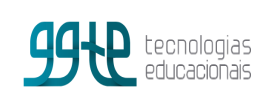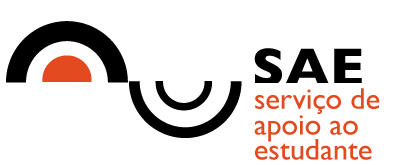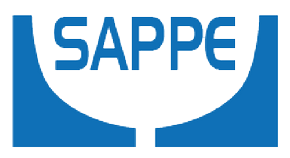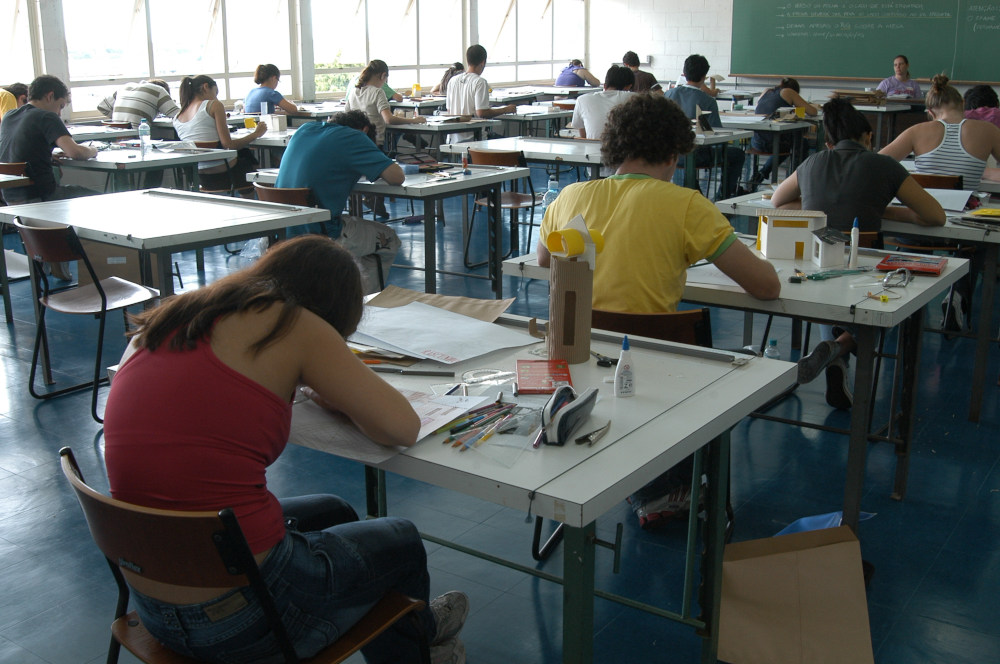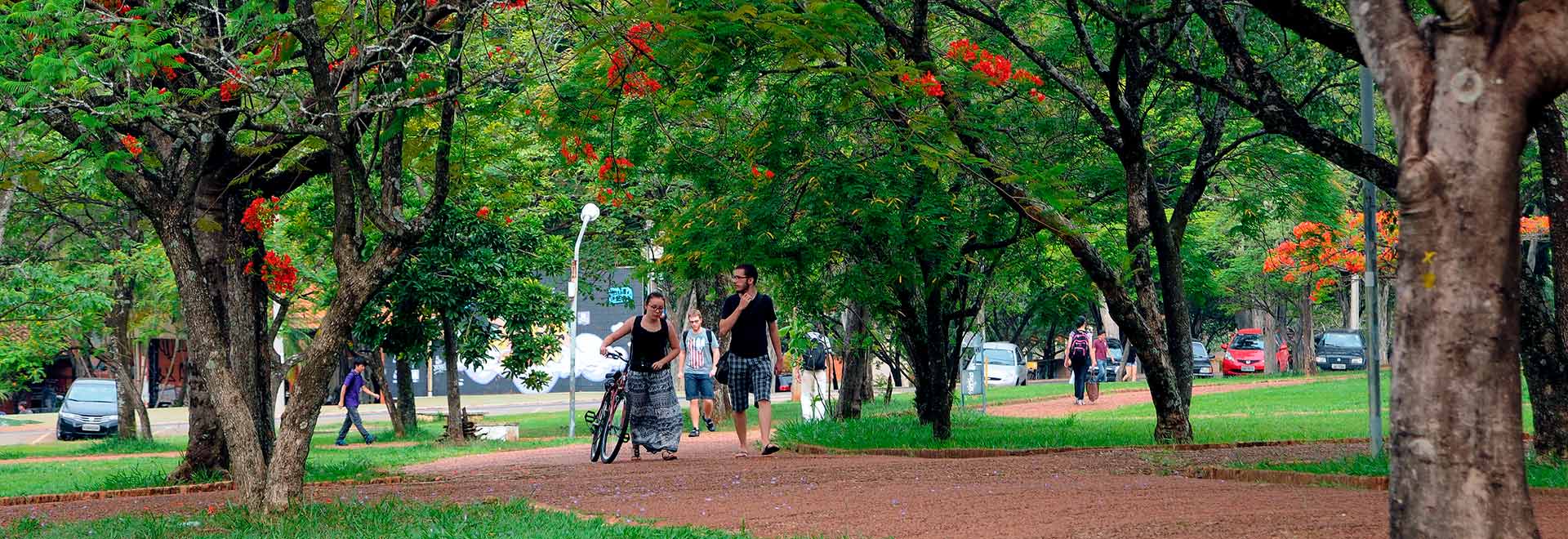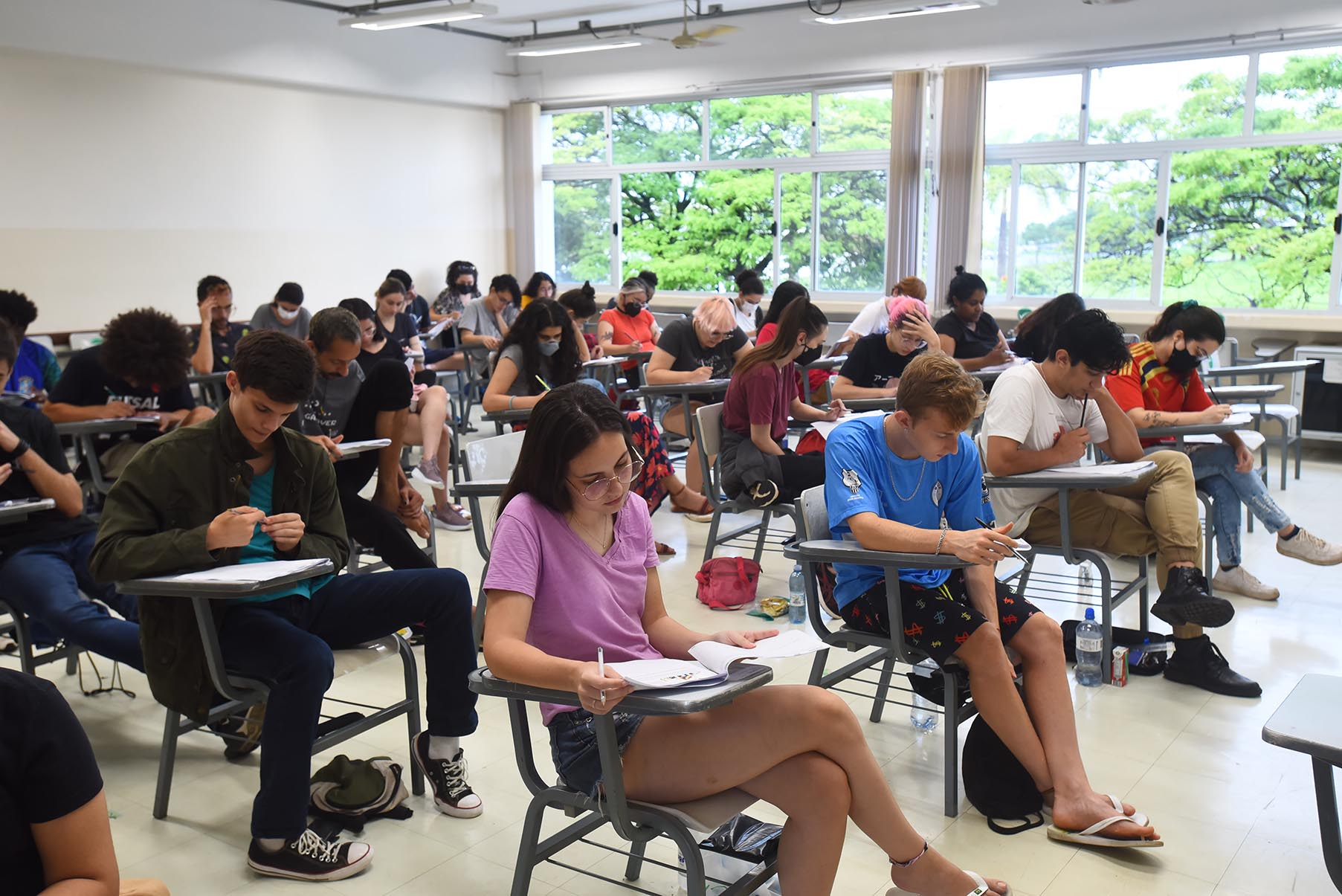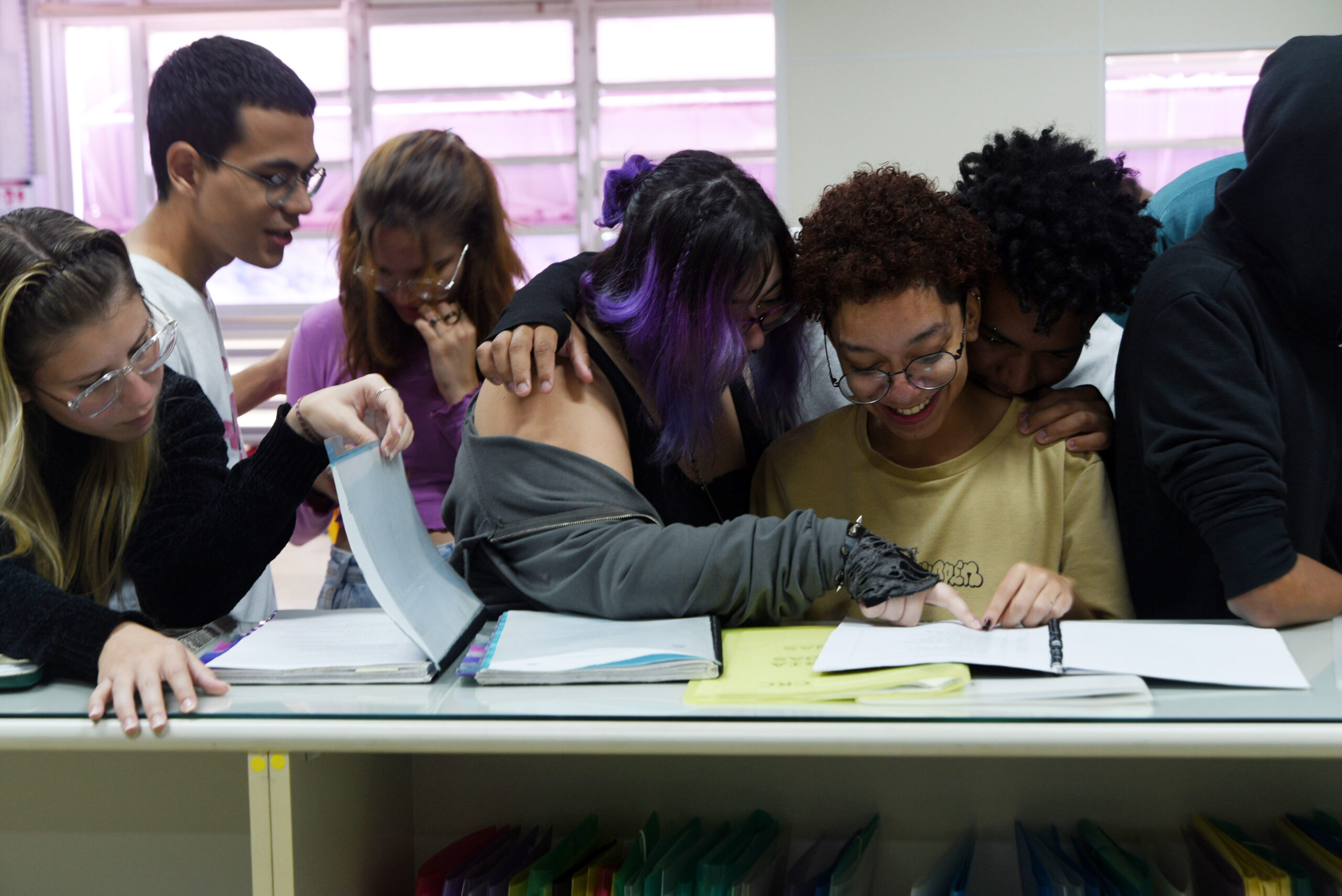
Unicamp has approximately 34 thousand students enrolled in 66 undergraduate courses and 153 postgraduate programs. Every year, around 800 doctors are graduated, a mark capable of arousing admiration even in leaders of some American and European universities. The University has a strong undergraduate program with a wide range of courses in the areas of exact sciences, technology, biomedical sciences, humanities and arts. And in five decades, Unicamp has trained more than 65 thousand young professionals in its undergraduate courses. On the other hand, it is the Brazilian university with the highest number of postgraduate students – 48% of its student body – and accounts for approximately 12% of all master's and doctoral theses in development in the country.
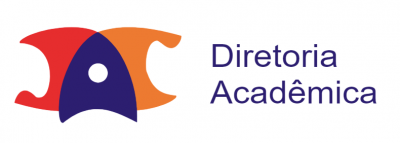
Academic Board – DAC
The Academic Board is the central body of the University responsible for recording and controlling all academic administration activities, at its various levels of education.
Student Support Service - SAE
The Student Support Service (SAE) is the main student support and assistance body at Unicamp. Its programs aim to ensure that, upon entering the University, students can fully develop through the association of quality teaching with an effective student assistance policy, which incorporates assistance relating to housing, food, transport and culture, in addition to support in the educational, social, legal and world of work areas.
Student Psychological and Psychiatric Assistance Service – SAPPE
Since 1987, Unicamp has offered students the Psychological and Psychiatric Assistance Service (Sappe), an organization linked to the Dean of Undergraduate Studies (PRG). Psychological assistance is characterized by specific or very brief interventions, which aim to offer the student help to overcome the moment of crisis. In this way, access to a therapeutic space becomes an accessible preventive resource for the community, and can be a decisive point of support or transformation in the subject's trajectory.


